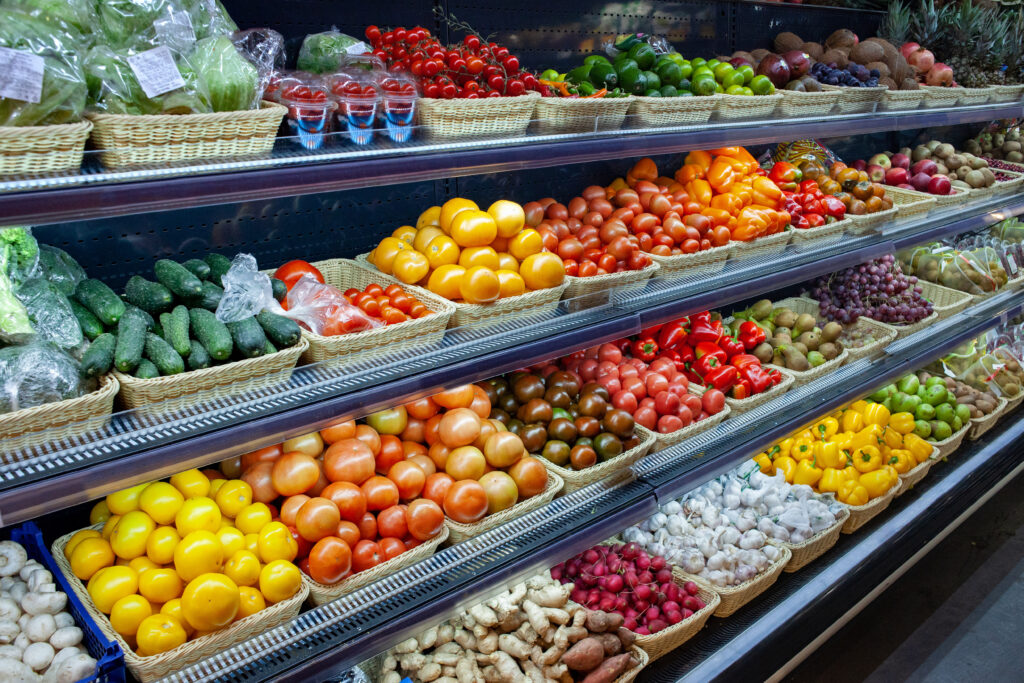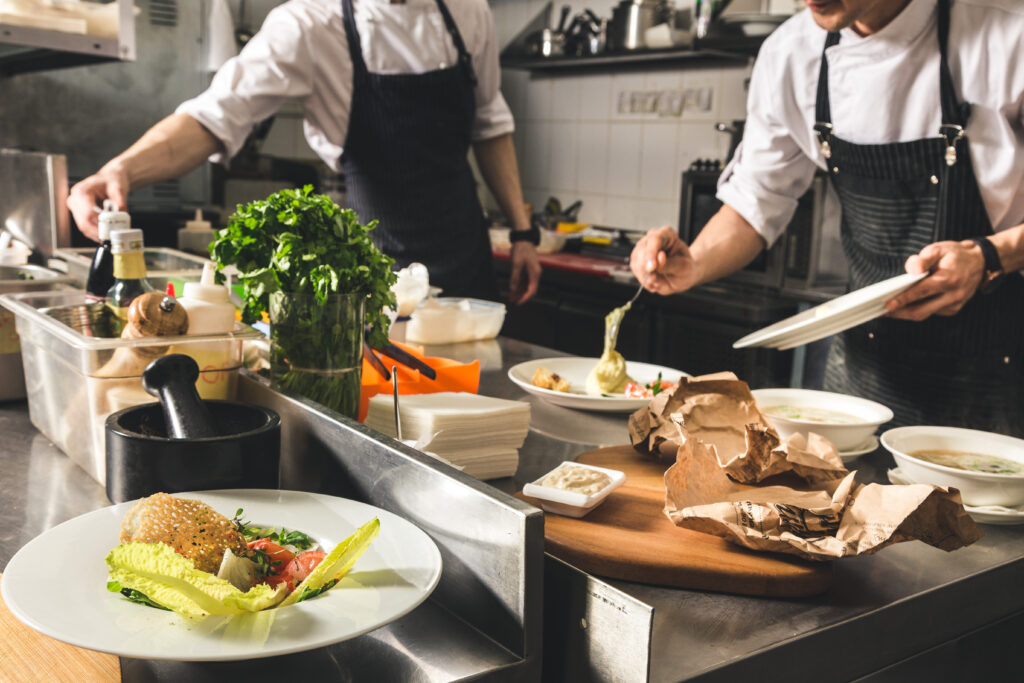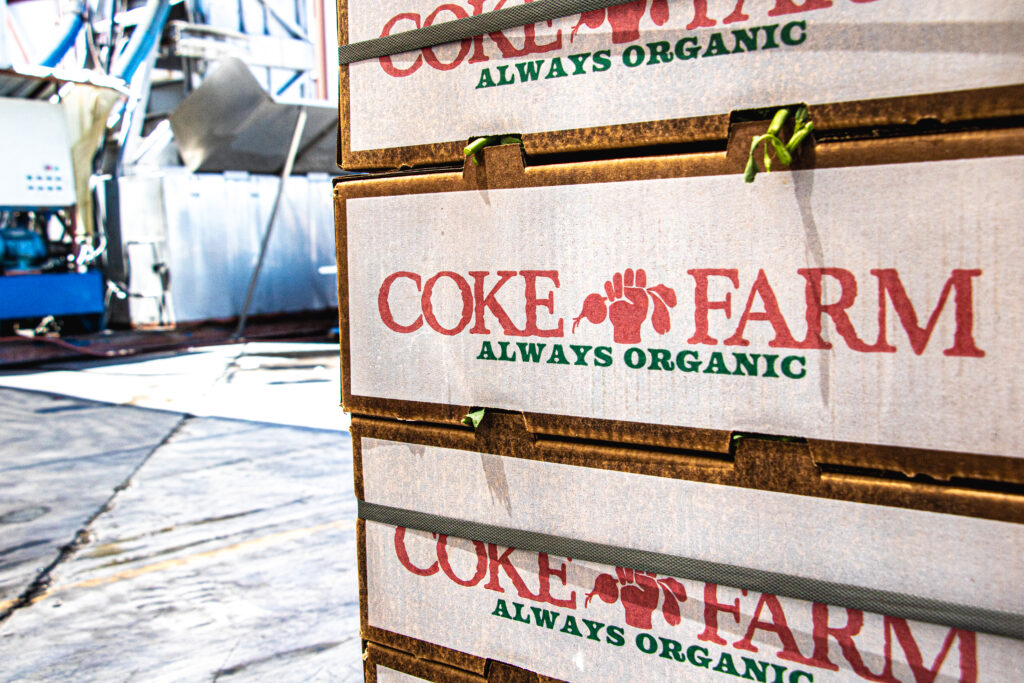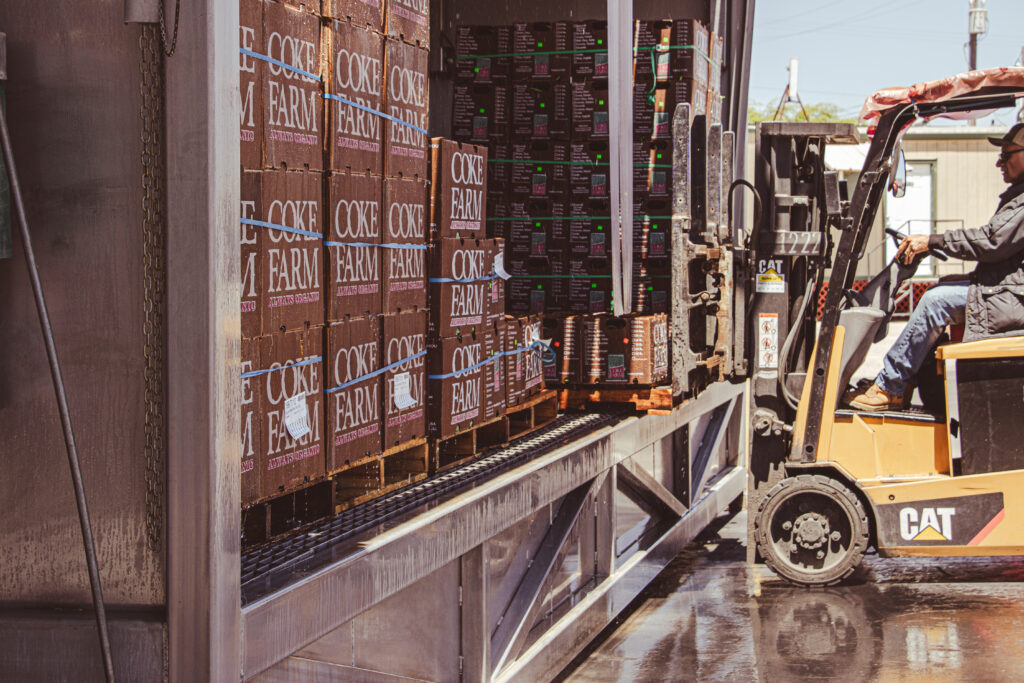Retail establishments that do not process organic product and/or retail locations that process organic product at the location of final sale are not required to be certified.
Please note:
- Businesses which sell to other businesses are not considered retail establishments.
- A retail establishment may have virtual sales, but they must also have a physical location for consumers to purchase goods.




